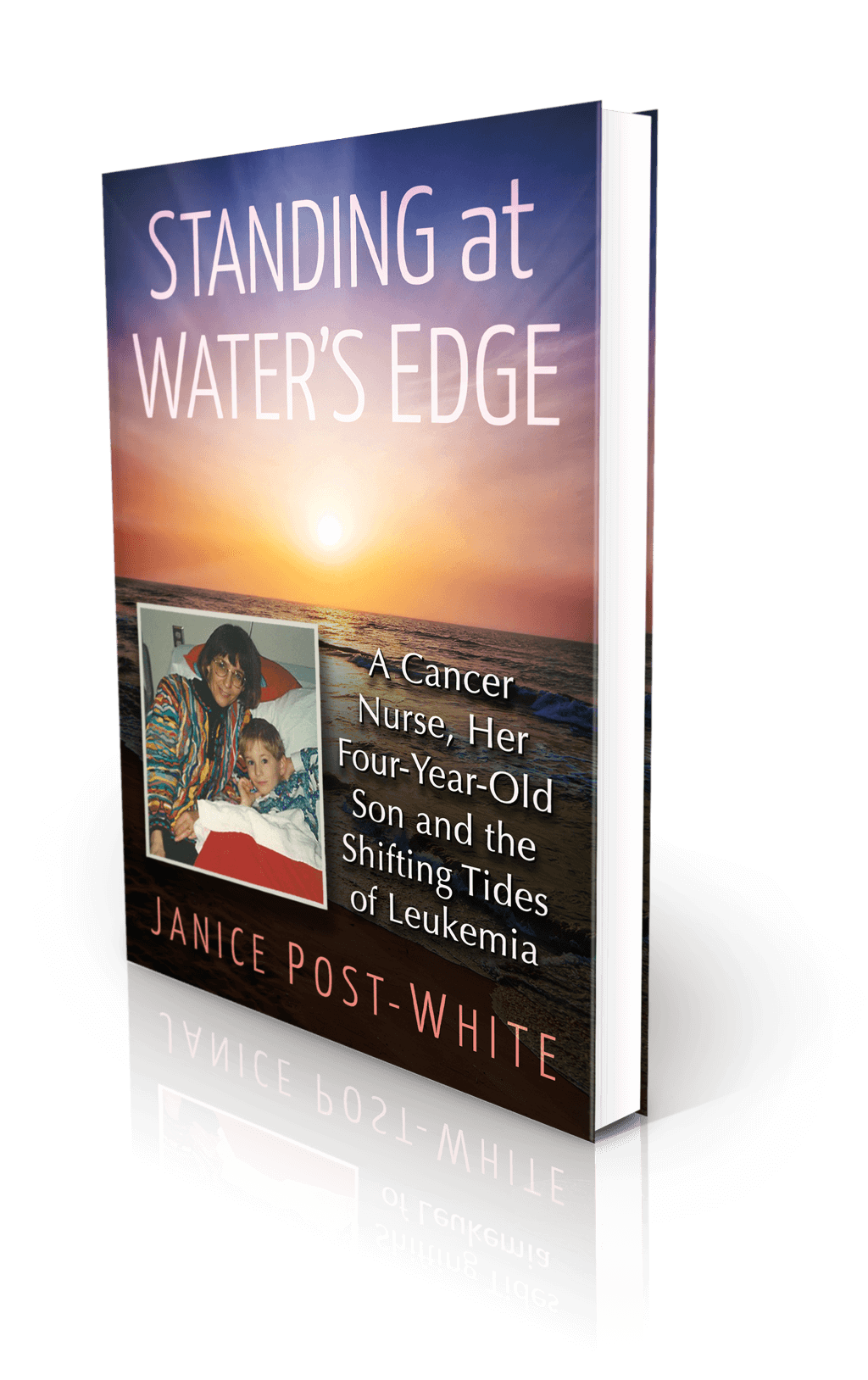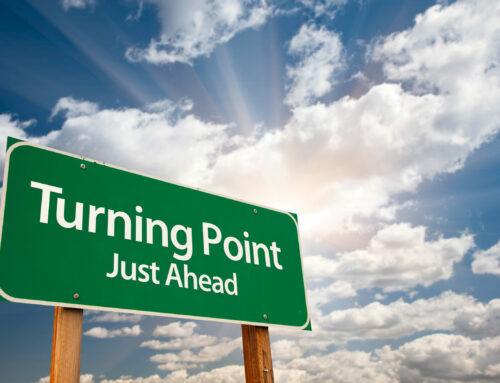

“The oak fought the wind and was broken, the willow bent when it must and survived.”
― Robert Jordan, The Fires of Heaven
How do you know if you are resilient? Are you able to get through an extreme setback or life challenge by facing the situation head on and accepting it as a new reality, coping with the immediate challenge, then getting through and bouncing back stronger and more capable than before? Or, do you tend to emotionally react, become numb or immobilized, see yourself as a victim of circumstance, or let it define who you are? Or are you somewhere in the middle, as most of us are?
Take a free quiz to find out how resilient you are: http://resiliencyquiz.com/index.shtml
Stress is ubiquitous. Everyone experiences stress, loss, fear, uncertainty, and a myriad of emotions in response to situations that challenge our beliefs and our faith in ourselves and our ability to overcome. Life teaches us how to accept and deal with stressors. But what do we do when faced with life-altering setbacks or extreme health crises, when we know we can never go back to “before”?
Whatever the situation, how we respond is more important than the stressor itself. Resilience is accepting reality and figuring out how to get through and move forward. Our attitude determines our well-being more than our circumstances. And it’s strategy—we can learn how to cultivate a resilient mindset.
Ten (of many) characteristics of a resilient mindset:
• Accept the reality of the situation
• Stay in the moment without judging or avoiding
• Face your fears; accept your feelings
• Trust your strengths and ability to recover
• Change what you can change and accept what you can’t
• Find and use resources to get through, cope with, and move on
• Be flexible and adaptable – be open to try new strategies
• Stay determined – keep going long after you want to give up
• Embrace your humanness, vulnerability – be who you are
• Accept not knowing – it’s how we learn
Why is resilience important? It keeps us moving forward, growing and learning and discovering who we are, and it gives us strength to overcome adversity. Resilience protects us from feeling overwhelmed and immobilized and avoiding what we need to face. It helps us find meaning and balance and reduces the likelihood of stress-related illness and reliance on smoking, drinking, over-eating, or using drugs.
In my book, Standing at Water’s Edge, I write, “Becoming a cancer family means living as normally as possible, accepting that life will never again be the same, understanding what you have to do, and accepting what you cannot change.” Acknowledging and accepting the reality of having a child with cancer was the first step for me in moving forward on our journey.
I have since used this mindset to get through and move on after the sudden loss of my twin and my own series of life-altering health crises. It’s not easy, and it takes time—many months for me, with lots of ups and downs—but accepting my loss, honoring my grief, and seeking support from others eventually helped rekindle my motivation and goals. Each time I found myself asking “What am I supposed to learn from this?” It was how I knew to move beyond just getting through, surviving.
Resilience is often cited as the ability to bounce back after stress. But I’m not so sure we ever go back to before. We may remain strong and resilient during fiercely challenging times, but I believe we change in the process of adapting to our experiences. Like the tree on the ocean shore that over time bends inland from the incessant ocean winds, we shapeshift in response to the stress in our lives.
In the process of adapting, we become stronger, more prepared for the next event, if only because we know we can handle what comes our way. We learn more from facing adversity than achieving success.
Even kids learn resilience by experiencing and finding their way through tough times. Read James R. Doty M.D.’s book, Into the Magic Shop, for an inspiring story of how a twelve-year-old, living with a father who was an alcoholic and a mother with mental illness and suicidal tendencies, learned to pay attention to his feelings, stay centered in the moment, believe in himself and his ability, and focus on his strengths. He overcame socioeconomic and cultural barriers to become a neurosurgeon who now uses his personal experience and scientific training to reveal how we can change our lives by changing our brains and our hearts.
We can learn resilience if we are motivated to change and receptive to our experiences.

About the Book
Janice Post-White’s memoir is a story about a cancer nurse who thought she knew what life and death were about.
Then her 4-year-old son got leukemia.
This heart-wrenchingly real but inspiring book shines a light on the life-affirming discoveries that can be made when one is forced to face death—and bravely chooses to face fears.
ON SALE DECEMBER 3, 2021
2022 First Place Award from the American Journal of Nursing Book of the Year in the category of Consumer Health and Third Place in Creative Works
Finalist in Health/Cancer from the American Book Fest Best Book Awards, the International Book Awards, and the Eric Hoffer Book Awards



